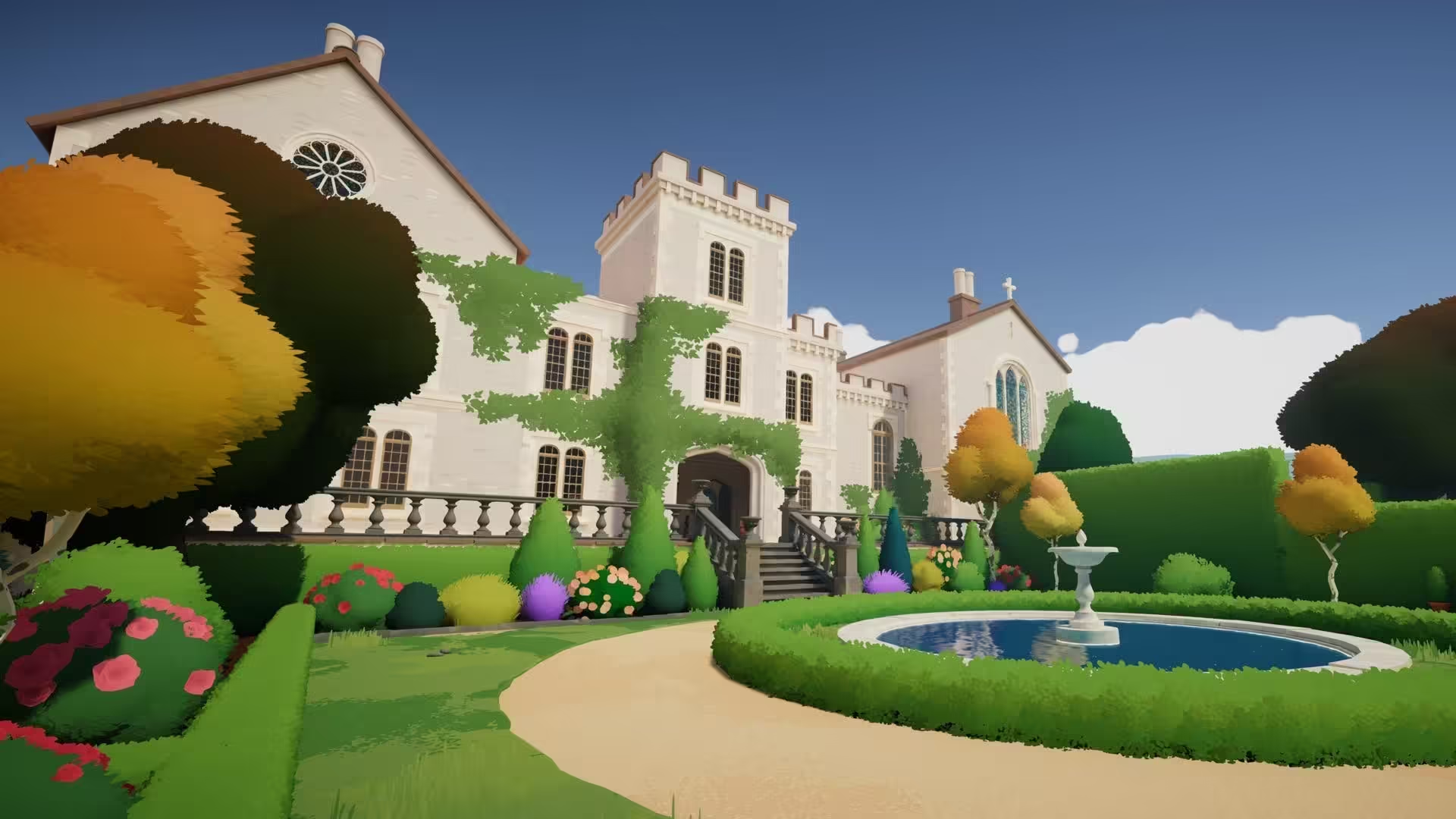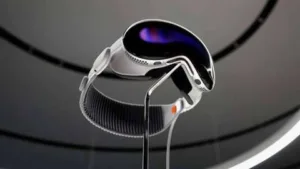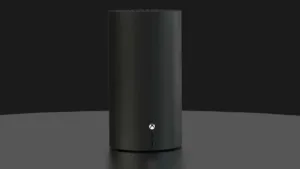Silent Hill 2 Hands-On Preview
Estimated reading time: 8 minutes
Ever since the release of the Resident Evil 2 remake, developers have returned to the well en masse to give their classic games a new lease of life, more often than not with mixed results. From what I’ve seen so far, the upcoming Silent Hill 2 remake doesn’t come close to hitting the heights of Resident Evil 2 – a blueprint for how a great remake is made – but it certainly feels like developer Bloober Team has made a lot of the right decisions when building on the survival horror classic’s undeniable legacy, even if at times it feels a little too safe.
I played the opening three hours of Silent Hill 2 and it was immediately apparent from the off that the remake gracefully captures all the important elements; an oppressive tone and straightforward game mechanics, even when the task itself is being obtuse. As with any Silent Hill game, atmosphere is king, and Silent Hill 2 immediately and consistently puts you into a state of unease. A thick fog surrounds the town like the original, now benefiting from modern lighting and volume thanks to today’s technical improvements. The streets are now filled with a new level of detail, shops are explorable, and strange sounds, cries, and groans are dynamically lurking around every corner.
The diegetic sounds of Silent Hill are where the game really sings, or rather, drones.
I can imagine it would have been incredibly tempting to layer music into the Silent Hill 2 remake, bringing the scares more in line with contemporary horror hits. But its slavish resistance is commendable, as the diegetic sounds of Silent Hill are where the game really sings, or rather, drones. Every room in the Wood Side Apartments creates its own version of uneasy tension, subtly assaulting you with an oppressive, unearthly soundscape of pulses and organic audio. From the moment protagonist James enters Silent Hill, the onslaught of bad vibes is present and never lets up for a second. Often fear is driven by anticipation, but Silent Hill 2 is all anticipation, with the sounds of the Lying Figures and co being ever-present. In some ways, it’s a difficult state of mind to be locked into.
It’s fair to say that Silent Hill 2 has stepped up its visual and audio game, but that’s to be expected for a 2024 release. The bigger and perhaps more impactful change is perspective, with Silent Hill 2 adopting the trusty over-the-shoulder playstyle that’s become a staple of the genre. What could have once been considered sacrilege for the series now serves the gameplay well, helping the unearthly combat encounters feel surprisingly familiar. Like the original, James’ arsenal is limited, with the only weapons available in the section I played being a handgun and his trusty wooden plank. Combat is certainly light and rudimentary, but Silent Hill 2 was never about that. It’s serviceable in a way that compliments the character’s ability – although I imagine it would have been extremely tempting for Bloober Team to strap James up Rambo-style, it would have been a disservice to the character and story it’s telling.
That’s not to say James doesn’t have a new move in his locker though. Silent Hill 2 implements a new dodge mechanic, allowing James to quickly dart out of the way of an enemy’s projectile vomit or Pyramid Head’s swinging blade. It’s a simple quick shuffle, not a Dark Souls-like forward roll, but it’s a tool that helped me to quickly establish a swing-swing-dodge rhythm before the Lying Figures threw up all their guts on me. Perhaps the biggest compliment I can give is that it’s a move that feels like it always should have been in Silent Hill 2.
From what I’ve seen so far the story is largely faithful, and I visited all the locations I expected to in the first few hours. The opening jaunt through the streets of Silent Hill is expanded, though, tasking you to solve a puzzle involving a jukebox in Neely’s Bar and forcing you to visit several of the town’s locations. Along the way, there’s plenty to examine further and marvel at the detail layered into this once sparse location. While purists might scoff at this addition, I feel it’s a smart move that encourages you to spend a little more time roaming the iconic, foggy streets. It’s a welcome addition before you spend a large portion of the game funnelled down dark hallways in a largely linear path.
My usual urge to brute force the puzzles was quickly replaced by a wish to legitimately solve them.
Fans of the original will be happy to hear that the remake doesn’t hold back with its returning puzzles. Like the original, the remake scales clues based on your difficulty level ( you can individually choose how challenging both combat and puzzles are in the main menu, although I didn’t get to test out how this is implemented in-game), but even on the normal difficulty setting I found some puzzles momentary head-scratchers that encouraged me to truly absorb my surroundings, especially after hard switching from my ‘kill everything that moves’ head space. Fans of the 2001 classic and the Resident Evil series know exactly what kind of thing to expect – using environmental clues to solve riddles and combinations – but it felt like there was a little less signposting in Silent Hill 2 than its peers. It’s hard for me to quantify this, but all I can say is my usual urge to brute force the puzzles was quickly replaced by a wish to legitimately solve them. Hopefully that speaks to the puzzle’s design and not the pressures of the play session’s environment.
Bloober Team’s decision-making when rebuilding this classic has been clever, but it’s not perfect. The dialogue and performances still feel too campy and silly for my taste, often taking me out of the super serious tone. Unlike Resident Evil, where the campy nature is a big part of the vibe, Silent Hill in 2024 requires a subtle touch to complement the same masterful approach in atmosphere and sound design. Purists might celebrate its faithful remaking of the original’s lines, but I felt there was an opportunity here for some subtle rewrites and tweaks. I only got a small taste of the dialogue though, and Silent Hill 2 isn’t exactly known for its long conversations, so perhaps it’s not any kind of deal breaker.
Another irksome inclusion is the logical, but slightly tedious activity of opening countless kitchen cupboards and drawers to collect handgun ammo and healing items, similar to modern games like The Last of Us. It makes sense on paper, organically placing your collectible items in realistic locations, but I can’t help but feel the process took me out of the atmosphere, altering my thought process from fear to loot every time I entered a new room. Maybe it says more about me than the game, but several times after entering a room I was jumped by a hidden mannequin because I had prioritised scouring for pick-ups instead of enemies.
Disappointingly, from what I’ve seen so far Silent Hill 2 doesn’t appear to incorporate my favourite feature the best remakes tend to have: Taking your expectations based on what you know about the original and subverting them. 2002’s Resident Evil Remake, which played around with the ‘dogs jumping through the window’ jump scare that all fans expected, is the perfect example of how this can be expertly crafted. The approach allows for the tension of a fake out, and the creative space to drop new scares where you least expect it. This Silent Hill 2 remake doesn’t appear to have any real moments like that and, ultimately, no real big swings that change the landscape for hardcore fans. At least not in the opening three hours.
As a remake, Silent Hill 2 falls more in line with BluePoint’s faithful Shadow of the Colossus rather than Capcom’s rejuvenated Resident Evil 2. It substitutes bold new swings for a slavish dedication to the original, which is by no means a bad thing, just not the radical step some might expect. Silent Hill 2 certainly needed a fresh coat of paint and a tune of the engine, and Bloober Team has provided that in spades, but everything else is an extremely faithful reimagining that mostly resists the urge to alter the successful formula of a stone-cold classic.
Dale Driver is IGN’s Executive Producer of Video Programming. Follow him on Twitter.









